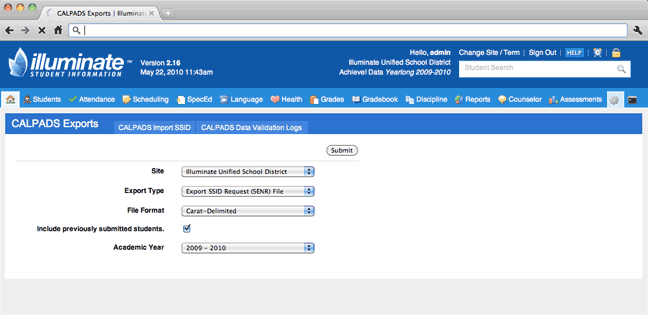

The question of optimism is a central element in purposeful leadership, as discussed in extenso in the Festival’s final session, masterfully orchestrated by Cécile De Lisle (H04). We are on the crest of a ninth wave and must answer certain core questions: Are we part of this whole, which gives us our energy? Are we willing to give to this whole? There is a need for synchronicity between what is inside me, my desire to create and improvise, and a sense of collective cohesion in which I subscribe on a global level.

“There is less and less individualism, and more and more collectivism. Speaking from his home in Portland, Oregon, Gauthier mapped out his vision designed, in his own words, “to partner capabilities in and across the public, private and civil society sectors”: “This evolution is accelerating,” said the Executive Director of Core Leadership Development. The HEC graduate (H61) has been working on evolutionary co-leadership for several years and believes the turbulence provoked by the pandemic will further catalyze a societal transformation. The regeneration of society’s very fabric has been at the heart of keynote speaker Alain Gauthier’s recent work. The process needs time, deep questions must be answered, errors will be made, but optimism helps us to get back on our feet.” Evolutionary and Purpose Leadership She reassured participants at the end that the exchange: “Thanks to your transparency, Aurore and Claire, you’ve shown the path for those ready for a reinvention of one’s career. Monitoring the exchange was Jennifer Moukouma, CMO of NUMA (which has a partnership with HEC Paris designed to accompany those seeking a job conversion).
#Illuminate edu how to
His messages were later reinforced by a duo of HEC graduates, Aurore Abécassis (H14) and Claire Durand-Gasselin (H13), who shared their stories in a 60-minute workshop called “HEC Switch Stories: how to reinvent your professional life”. Performance & Growth coach Benjamin Depraz-Brenninkmeijer (H13) mapped out the paths to optimism in a popular workshop he led entitled “True Optimism: Letting go of the Happiness Fantasy”. And that’s simply not true, you can be optimistic and be able to progress in all fields! The secret is to fix objectives and the numerous paths to reach them.” Being optimistic is translated as lacking a critical mind. So why does the country languish so far down the global table of optimism?" ( Ed., French adults are Europe’s most pessimistic in terms of their personal lives, according to a recent EU study,) “Because it’s unfashionable. But we should be happier here! France’s health and education systems have shown resiliency, people work less and enjoy longer holidays. This has made optimism a rare commodity, none more so than in France. “69% of workers are in mental distress at the moment, many have lost their employment. Boniwell is one of the most renowned academics in the field of Positive Psychology and she set her 75-minute exchange firmly in the context of the current pandemic. HEC Associate Professor Ilona Boniwell, threw down the gauntlet in the opening talk entitled “The future of work is already here! Are you Ready for it?”. Ilona Boniwell Optimism Can be Synonymous with Progress Neuroscience, quest for meaning, social and environmental impact, positive psychology, reconversion, adaptation, solidarity, were just some of the fields covered in one of the school’s most interdisciplinary events of the year. “We are convinced there is an urgent need to cultivate optimism to answer the complex and passionate challenge that businesses and professionals face,” wrote the organizers who enumerated the fields the festival was to cover. To bring the topic to life, the organizers invited topnotch practitioners, researchers, coaches and observers. Instead, we aim to inspire people to develop resilience in front of the new challenges the crisis has brought us and seize the opportunities that arise.” “We refuse to get carried away with pandemic-induced morosity. “Contre mauvaise fortune, bon cœur,” said HEC Alumni managing director Marguerite Gallant (H03), in opening the two-day conference with trademark positivity. At the time, the Latin optimum signified “the best” and French philosophers attributed “the greatest good” to a word that found coinage in English in 1841, thanks to Ralph Waldo Emerson.įast-forward 180 years, and current expressions of optimism were at the heart of debates by HEC Paris graduates and guests, this time in the context of the 21st century workplace, its mutations and its uncertain future. 162 years ago, Voltaire introduced “optimism” into popular culture in his classic satire “Candide”.


 0 kommentar(er)
0 kommentar(er)
